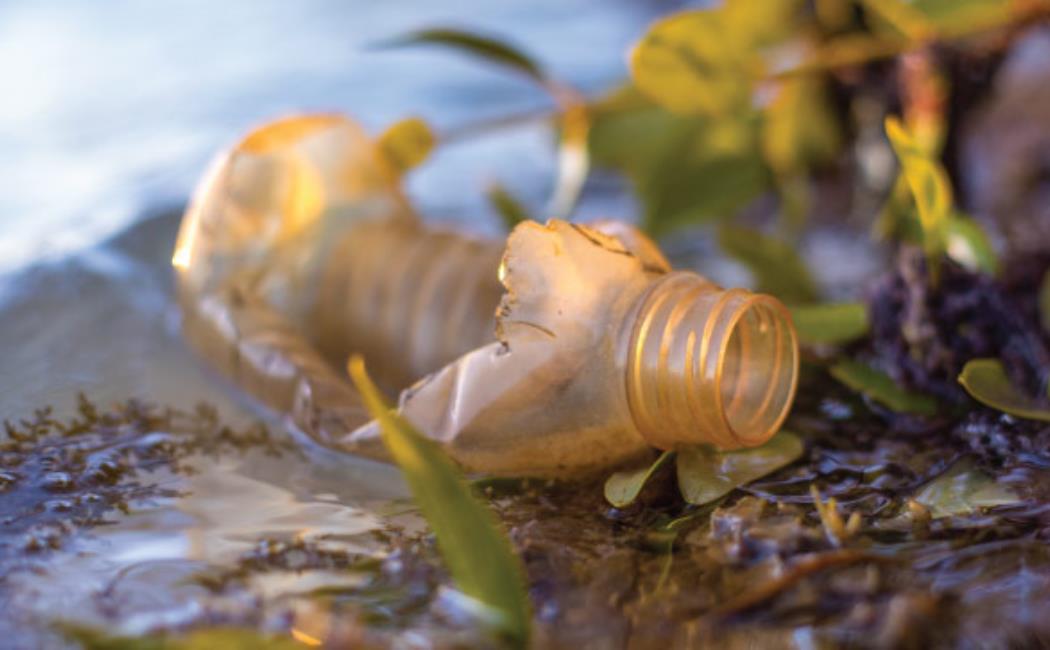
Upcycled plastic membrane helps clean up waste
05 February, 2023
Plastic waste can be used as a raw material for making high performance porous membranes. These could then be used in the chemical industry for the energy-efficient separation of complex chemical mixtures or to clean up waste streams, further adding to the environmental appeal of the process.
Polymeric membranes could be great partners for addressing many sustainability challenges, says Malinalli Ramírez Martínez, a Ph.D. student who led the research in Suzana Nunes’ group at KAUST. Thanks to their selectively permeable porous structure, they can reduce the environmental footprint of industrial separations, help in the treatment of waste effluent and create access to fresh water, she says.
“However, traditional membrane fabrication approaches mostly use pristine fossil-based nonrenewable materials, which has a negative environmental impact and contradicts the sustainability benefits,” Ramírez Martínez says.
Click here to read the full story.
Image: A hydrophobic microporous membrane made from plastic waste could make industrial chemical separations more environmentally friendly.
© 2023 KAUST; Morgan Bennett Smith.